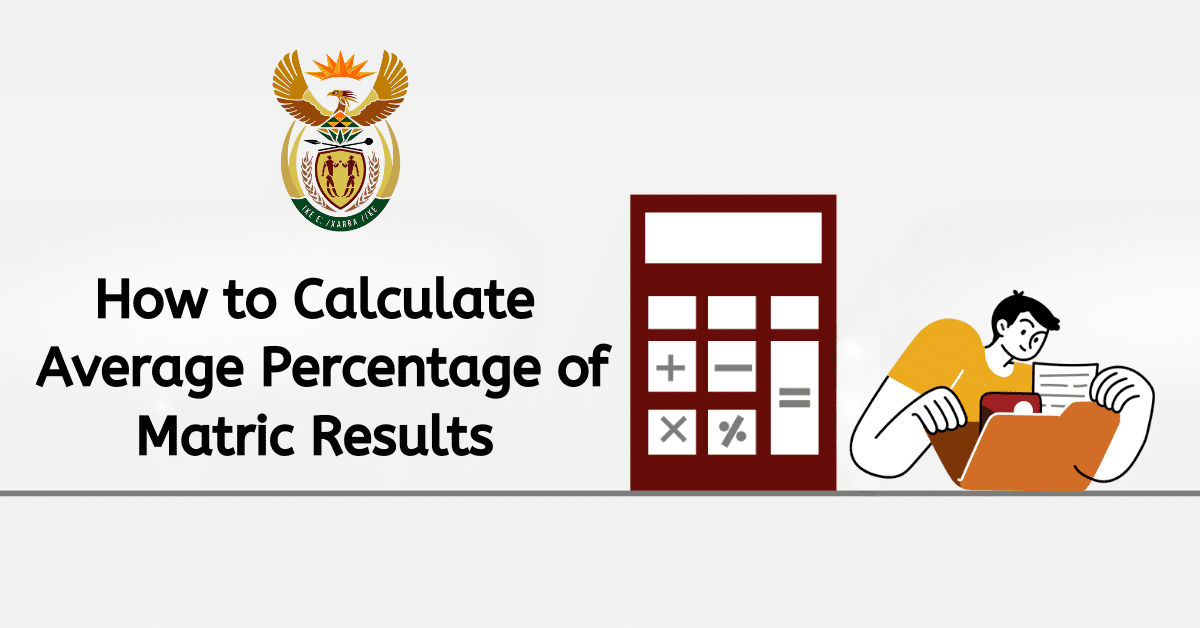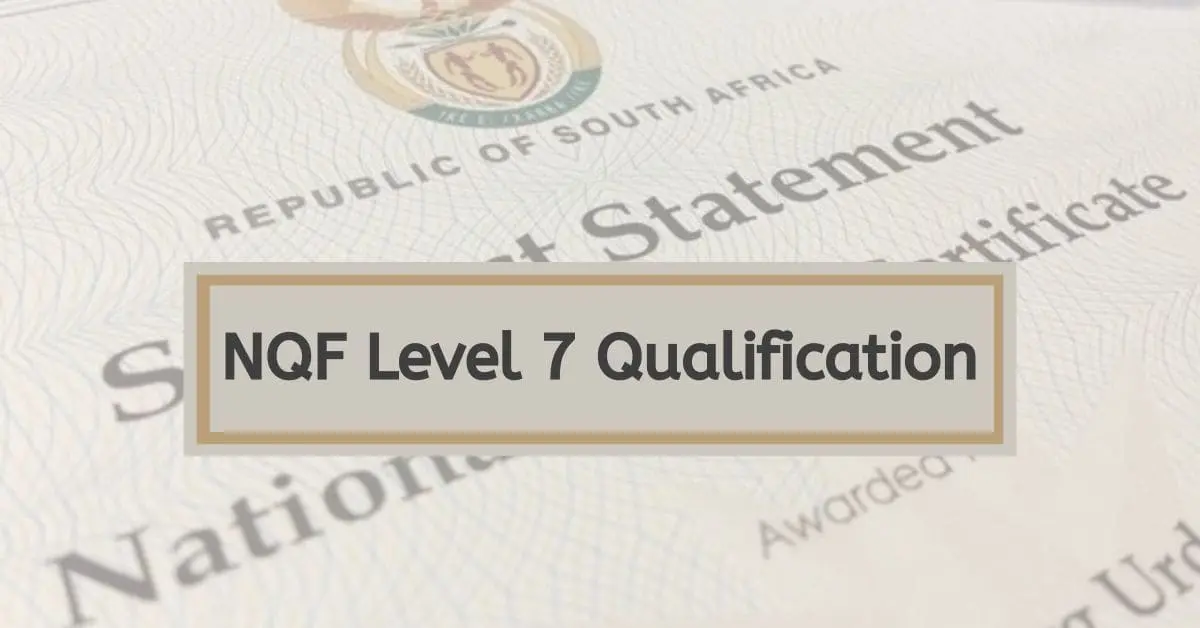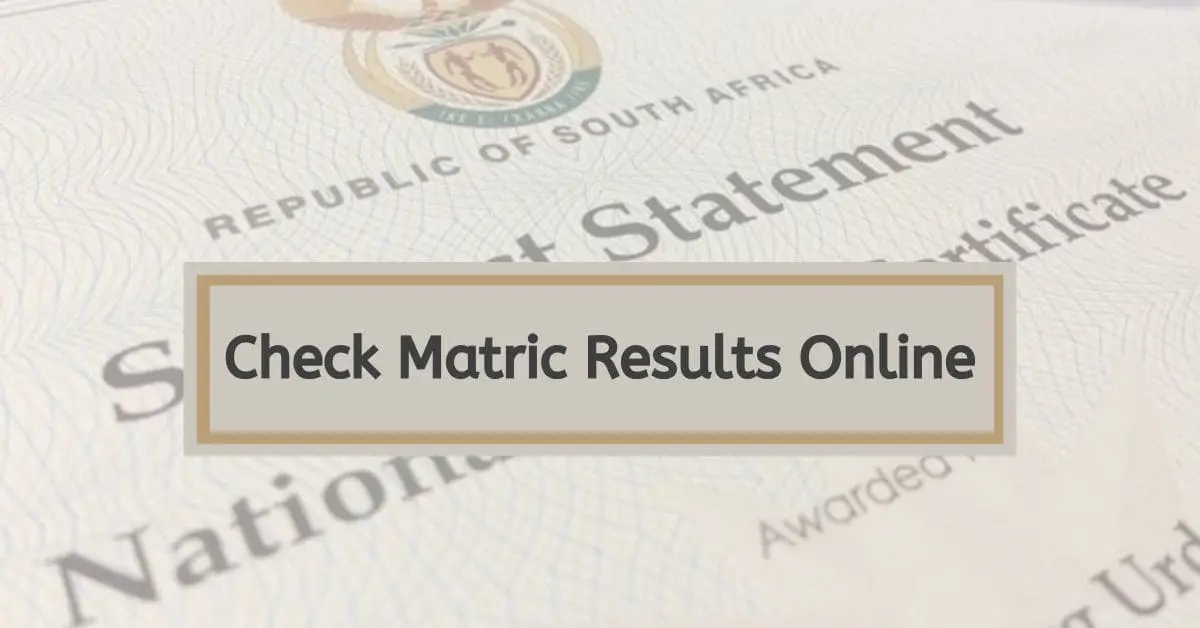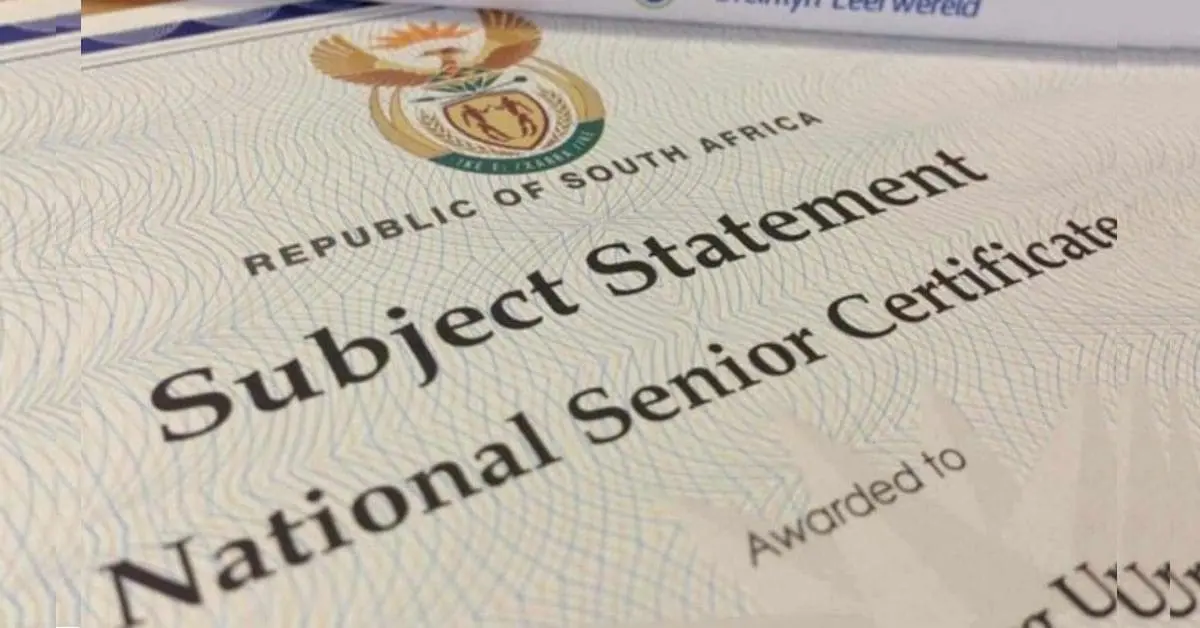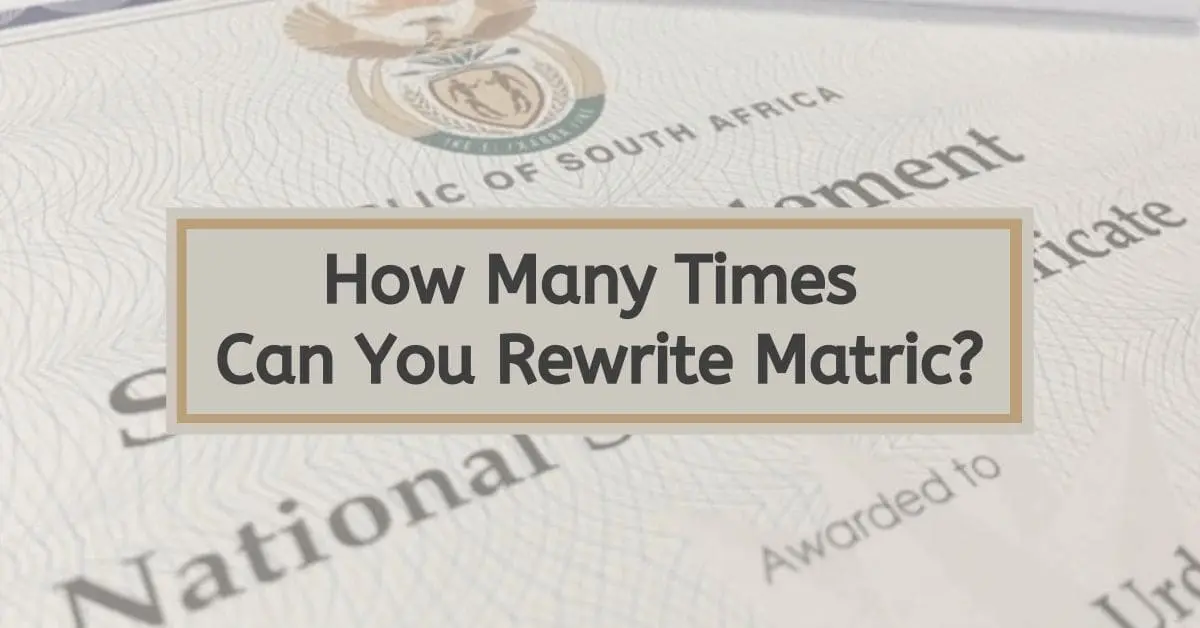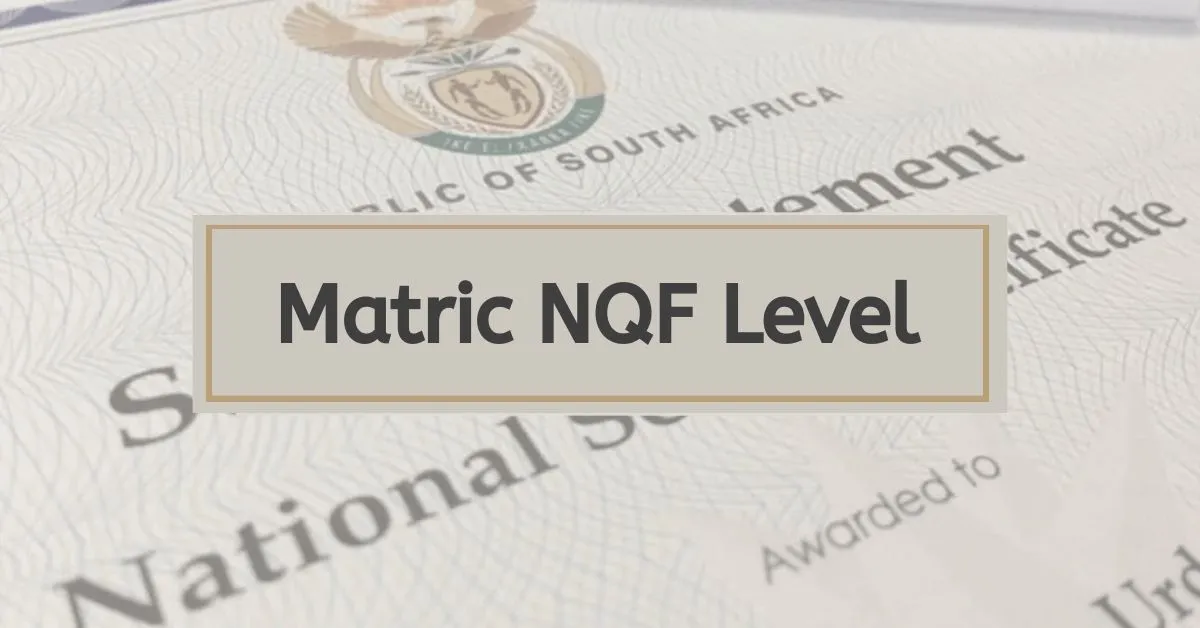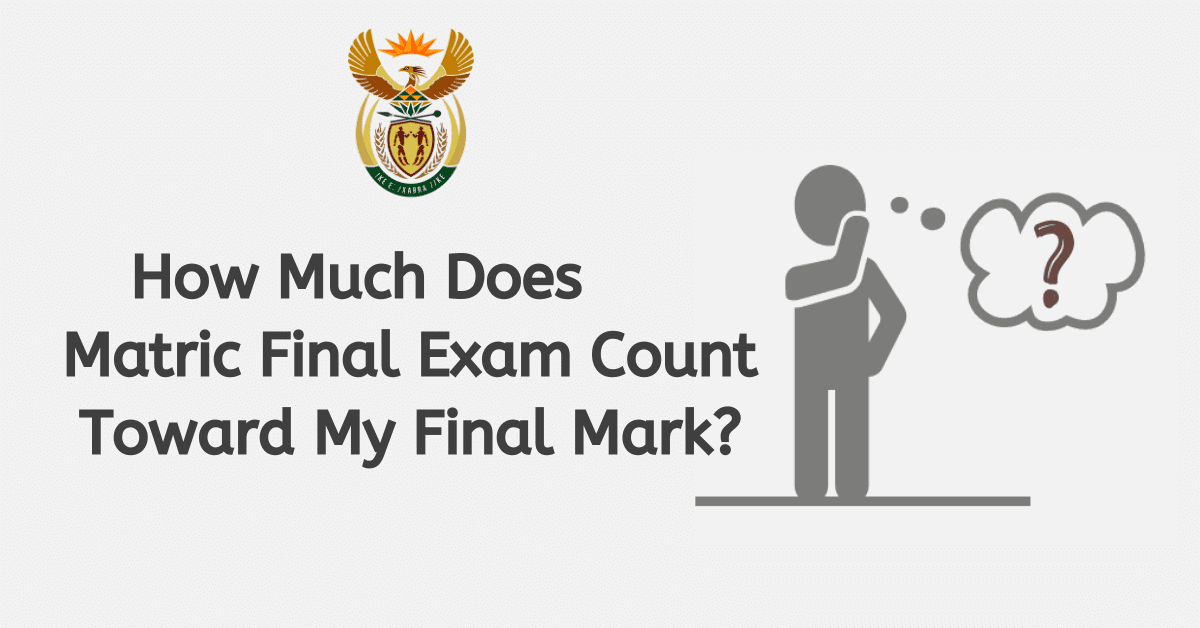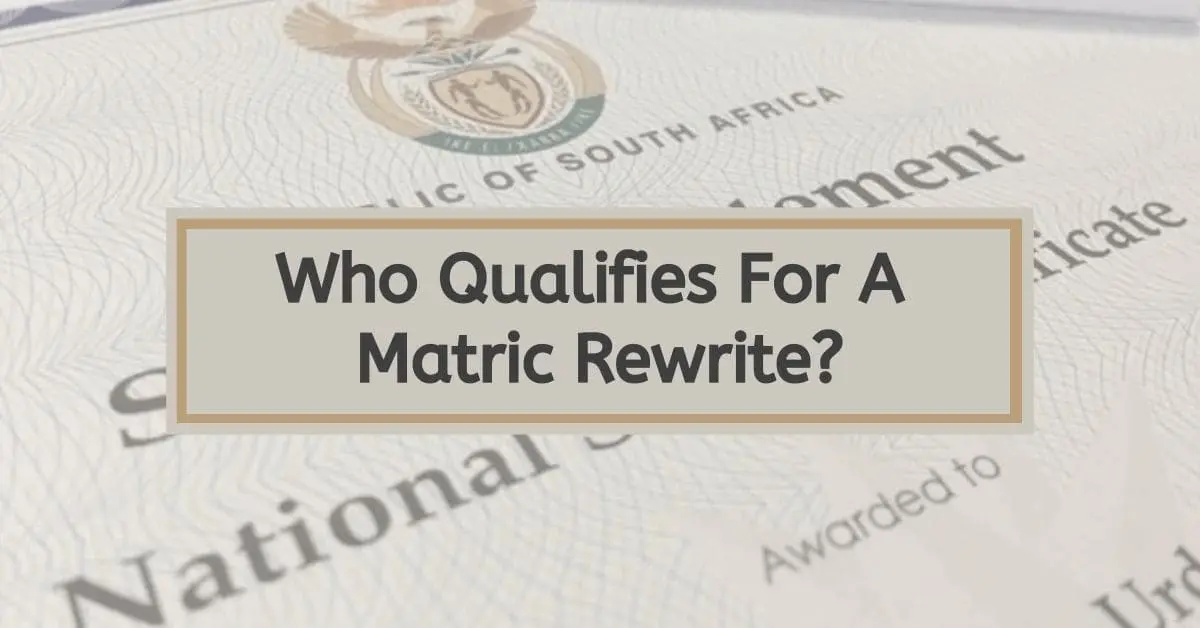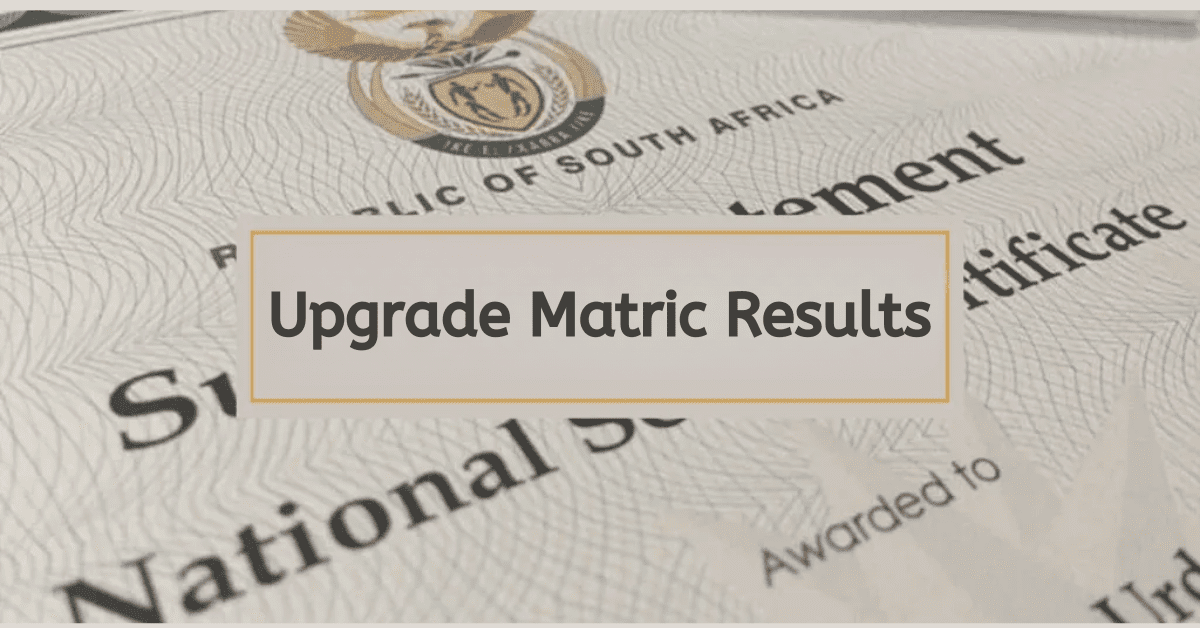Continuous Assessment (CASS) marks are crucial in the South African matriculation (Grade 12) system. CASS marks, which account for a significant portion of the final matric mark, provide ongoing assessment and feedback to students throughout the academic year. This comprehensive guide aims to explain how CASS marks work in matric, including their significance, calculation, and implications. Additionally, it will address the relevance of CASS marks in determining the year mark, their expiration, and their impact on matriculation outcomes. By understanding the intricacies of CASS marks, students and educators can better navigate the matriculation process and maximize their academic performance.
How Does CASS Mark Work in Matric?
CASS marks, also known as Continuous Assessment marks, are an integral component of the matriculation system in South Africa. They contribute 25% to the final matric mark and provide ongoing assessment and feedback on student performance. The purpose of CASS marks is to evaluate a student’s progress and understanding of the curriculum throughout the academic year.
The assessment methods used to determine CASS marks may vary between subjects and schools. They can include tasks such as projects, assignments, tests, practical work, presentations, and class participation. These assessments are conducted by subject teachers and are designed to cover the curriculum comprehensively.
The CASS marks are awarded based on the student’s performance in these assessments. Each assessment contributes to the overall CASS mark for the subject, reflecting the student’s understanding, skills, and effort. The marks obtained in CASS are recorded and used to calculate the year and final matric marks.
How Much Does CASS Mark Work in Matric?
CASS marks carry a weight of 25% in calculating the final matric mark in South Africa. Consequently, they hold immense significance in evaluating a student’s comprehensive performance throughout matriculation. The results attained in the end-of-year matriculation examinations determine the remaining 75% of the ultimate score.
Including CASS marks in the final matric, mark aims to provide a comprehensive assessment of a student’s performance, considering their consistent effort and progress throughout the academic year. It recognizes that academic achievements are not solely determined by performance in one set of examinations but also by continuous learning and engagement.
CASS scores assess a student’s grasp of the curriculum, use of knowledge, and capacity to meet the standards of a particular topic. They urge students to actively participate in their education and put up consistent effort and attention throughout the academic year.
How is Matric Mark Calculated?
Calculating the matric mark in South Africa involves a combination of continuous assessment (CASS) marks and end-of-year examination marks. The CASS marks contribute 25% to the final matric mark, while the examination marks account for the remaining 75%.
To calculate the matric mark, the following steps are typically followed:
- Determine the CASS mark: The mark is calculated based on the continuous assessments conducted throughout the year. Each subject’s CASS mark is determined by considering the performance in various assessments, such as projects, assignments, tests, and practical work.
- Calculate the year mark: The year mark is calculated by combining the CASS mark (weighted 25%) with the examination mark (weighted 75%). The examination mark is the result obtained in the end-of-year matriculation examinations.
- Determine the final matric mark: The final matric mark is the weighted average of the year mark (75%) and the CASS mark (25%). This calculation gives an overall assessment of the student’s performance in the subject.
- Repeat the calculation for all subjects: The above calculation is repeated for each subject the student takes in matriculation.
- Combine the subject marks: The final matriculation mark is determined by combining the individual subject marks according to their weightings. The specific weightings may vary depending on the curriculum and assessment guidelines.
How is the Year Mark Calculated in Matric?
The year mark in matriculation (Grade 12) is calculated by combining the continuous assessment (CASS) and examination marks. The CASS mark contributes 25% to the year mark, while the examination mark accounts for the remaining 75%.
To calculate the year mark, the following steps are typically followed:
- Determine the CASS mark: The mark is calculated based on the continuous assessments conducted throughout the year. These assessments may include projects, assignments, tests, practical work, presentations, and class participation. Each assessment contributes to the overall CASS mark for the subject.
- Discover the examination score: The exam mark corresponds to the outcome of the matriculation exams conducted during the academic year’s tail end. It represents the student’s performance in subject-specific evaluations administered toward the end of the school year.
- Assign weight to the CASS scores and the exam score: Allocate a 25% weight to the CASS mark and a 75% weight to the examination mark to determine their respective contributions to the overall year mark.
- Combine the CASS mark and the examination mark: The year mark is calculated by summing the weighted CASS mark and the weighted examination mark. This calculation provides an overall assessment of the student’s performance in the subject throughout the year.
- Repeat the calculation for all subjects: The above calculation is repeated for each subject the student takes in matriculation.
Does CASS Mark Expire?
CASS marks, called Continuous Assessment marks, do not expire in the South African matriculation system. They remain valid and contribute to the overall assessment of a student’s performance in a specific subject for the academic year.
CASS marks are essential to the matriculation process, providing ongoing assessment and feedback to students throughout the year. These marks contribute 25% to the final matric mark and are combined with the examination marks (weighted 75%) to determine the overall performance.
While CASS marks do not expire, it’s important to note that they are specific to the academic year in which they were obtained. Each year, students start afresh with a new set of assessments and CASS marks. The previous year’s CASS marks are not carried forward or used in subsequent years.
